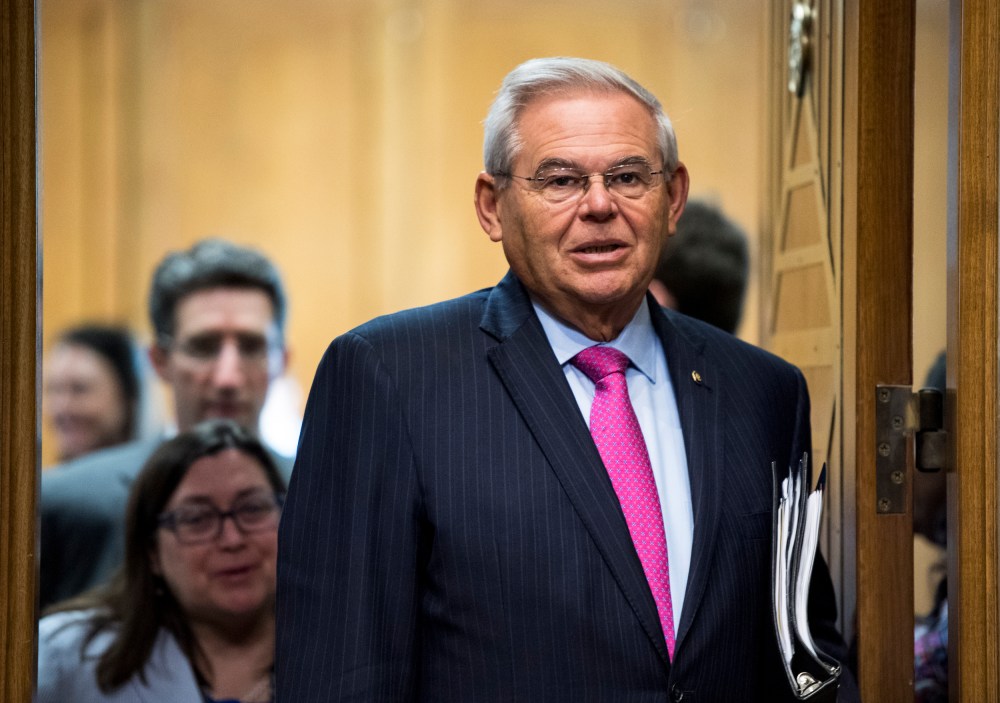For those engaged in the debate over immigration policy, there’s broad agreement on one foundational point: the status quo is badly flawed and in need of reform. Those looking for officials or stakeholders praising the existing U.S. immigration system will be looking for a very long time.
The challenge, of course, is identifying and approving a solution.
George W. Bush pushed Congress to pass a comprehensive reform package, but House Republicans refused. Barack Obama very nearly succeeded — a bipartisan bill easily cleared the Senate and enjoyed majority support in the House — but GOP leaders refused to schedule a vote on the proposal in the lower chamber. Donald Trump was offered several bipartisan solutions, each of which he rejected as insufficiently right-wing.
Now, it’s Joe Biden’s turn. The new president formally unveiled an immigration blueprint on his Inauguration Day, and yesterday, congressional Democrats introduced related legislation with the White House’s blessing.
Named the U.S. Citizenship Act of 2021, the bill was unveiled on Thursday by Sen. Bob Menendez, D-N.J., and Rep. Linda Sánchez, D-Calif., and includes an eight-year pathway to citizenship for people in the country unlawfully who arrived by Jan. 1 of this year. It would lift hurdles for workers to legally immigrate to the U.S., add resources for border screening and replace the word “alien” with “noncitizen” in law.
The legislative strategy breaks with the failed efforts from the past couple of decades. Previously, reformers tried to improve the bill’s odds by giving both parties what they wanted from the outset: Democrats would get the pathway to citizenship they wanted, while Republicans would get the increased border security that they wanted. There was nothing incompatible about the two goals, so proponents hoped the strategy would succeed.
The trouble, of course, is that most Republicans rejected the offers and killed the bills anyway.
This year, Democrats are approaching the issue with a more progressive tactical push, unveiling a plan designed to satisfy the congressional majority, not Republicans. Democratic leaders are willing to consider enforcement and security provisions of the legislation, but they’re deliberately waiting, telling GOP officials such elements can be discussed at the negotiating table.
Menendez told reporters that Democrats “have compromised too much and capitulated too quickly to fringe voices” in previous years, so in 2021, their opening pitch is one Republicans like even less.














